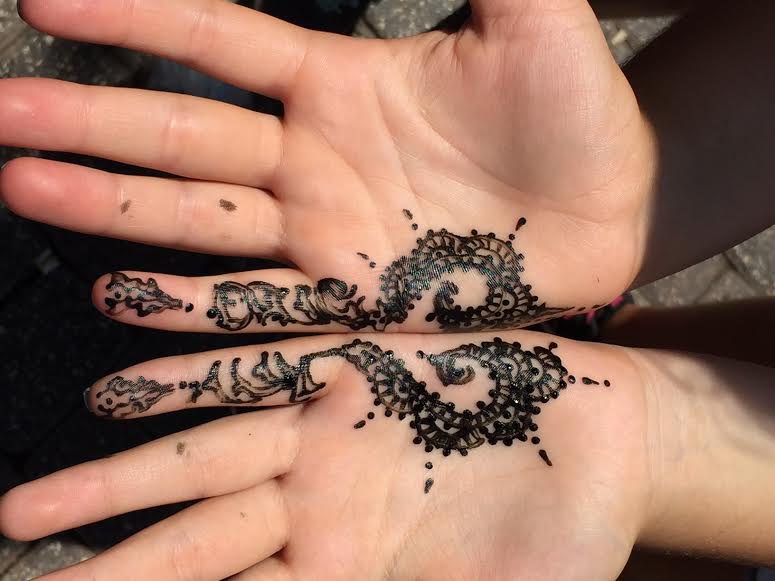For the last couple of years we’ve had “themed” Sukkahs at The Davis Academy. This year’s theme is: Sukkat Shlomeicha (Sukkah of God’s Peace). Or more colloquially, “The Peace Sukkah.” I’m really excited about it.
The inspiration for this theme comes from a Jewish prayer called, “Hashkiveinu.” It is one of many (many) Jewish prayers for peace. The prayer includes the line, “Ufros aleinu sukkat shlomeicha” (spread over us a Sukkah of Your Peace). I find this one of the most beautiful images in all Jewish tradition. Here’s a bit of my thought process.
If you’ve ever been in a Sukkah then you know that it is, by definition, temporary. Not only is it temporary, but it’s likely relatively fragile as well. I’ve seen more than a few Sukkot knocked over by a passing thunderstorm or swept away with a powerful gust of wind.
The ephemerality and fragility of the Sukkah raise the question of why we would want a Sukkah of Peace? Wouldn’t it make more sense to ask God for a Fortress of Peace or a Castle of Peace? Why a Sukkah?
One of Judaism’s strengths is the fact that every line of prayer and Torah is open to interpretation. Surely there are interpretations of this line that explain away the question that I’m raising. Such interpretations might point out that I’m being overly literal for example.
My thinking is this– when given and entrusted with something fragile, human beings are more likely to be careful, cautious, and caring. There’s something inside of us that instinctually knows how to care for something that’s fragile. And as for the ephemeral– we’re quick to romanticize it and make it an object of nostalgia. I think it’s okay to romanticize Peace. The fragility of the Sukkah of Peace elicits from us our gentlest, kindest, and most caring nature. It implicates us in the caring for, preserving, and protecting of something that we should cherish.
If peace ever does come, it will likely come in the ephemeral and fragile form of a Sukkah rather than a Fortress. And it will surely require all of us to care for and sustain it.
